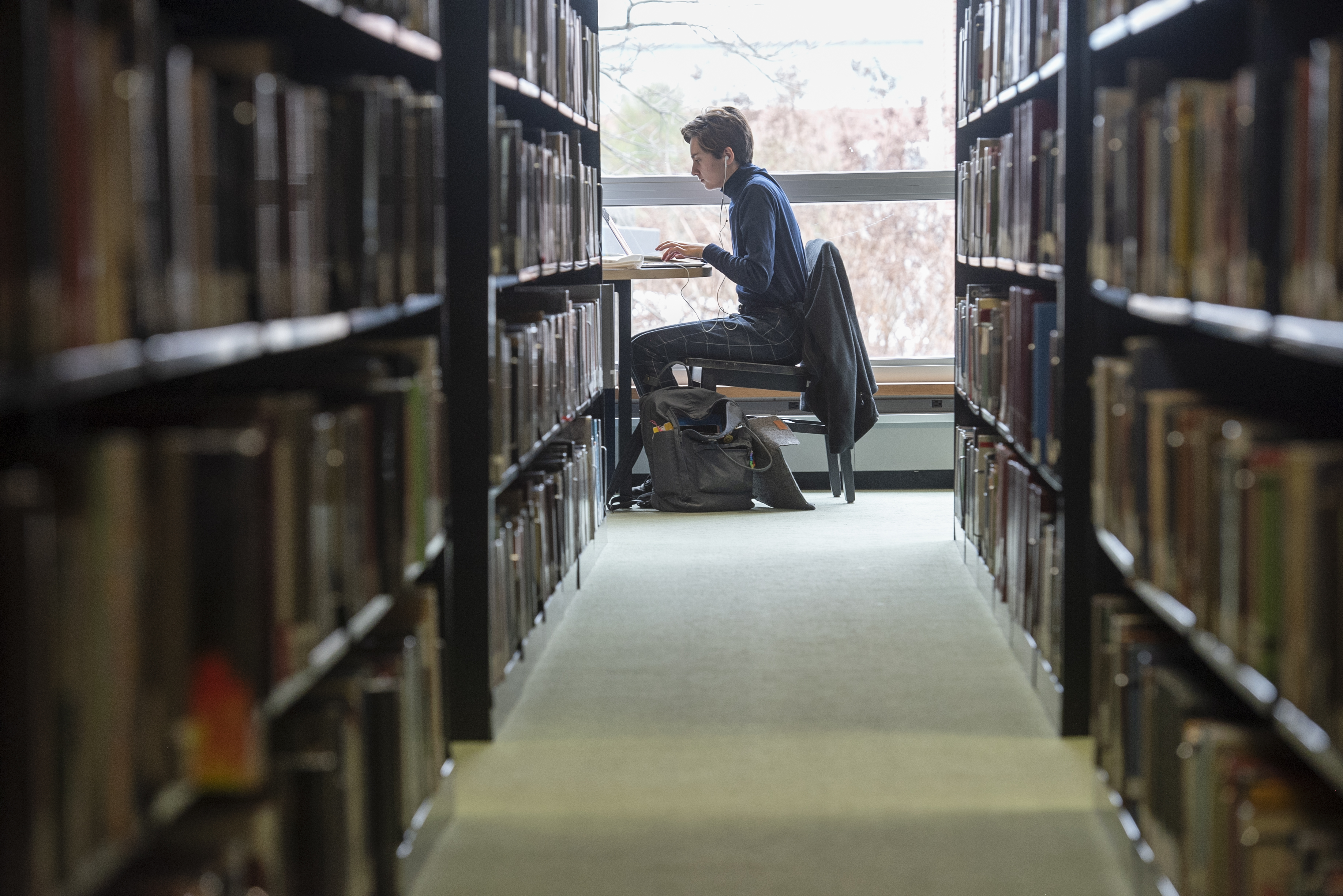Survey: Libraries at Rowan stand out for helping students evaluate online information
Survey: Libraries at Rowan stand out for helping students evaluate online information

The libraries at Rowan University excel in assisting students in evaluating the credibility of online information, a national survey has determined.
In a random sampling of 50 universities across the nation, a pair of Stanford University education professors analyzed institutional websites to find resources available to students to determine the credibility of online information.
Rowan, survey authors Nadav Ziv and Emma Bene determined, stands out for offering consistently networked advice to students.
“After giving advice on how to determine if a site is worth their time, Rowan offers students tools to engage with the information that the site provides. Rowan differentiates between information literacy strategies to use when landing on an unfamiliar site versus the ones to use after that site’s credibility has been determined externally,” Ziv and Bene wrote in a brief published online by College & Research Libraries, the official scholarly research journal of the Association of College & Research Libraries, a division of the American Library Association.
The 50 institutions—25 private and 25 public--in the sample focused on four-year colleges and universities across the nation. Included, among many other institutions, were: Rowan, Harvard, Princeton, Stanford, Duke, Notre Dame, Middlebury, MIT, Bucknell, Stockton, The College of New Jersey, Rutgers Penn State and Pitt.
Ziv and Bene compiled a list of the top 100 ranked private and public universities from the Times Higher Education/Wall Street Journal rankings. They then used a randomization algorithm to choose the institutions they examined, focusing on student-facing guides published online.
“Studies have shown that college students struggle to search for and evaluate the credibility of online information,” the authors wrote. “The internet is an indispensable feature of college life, but ample research shows that many college students need help distinguishing quality from dubious information.”
Created by Andrea Baer and Dan Kipnis, librarians at Campbell Library on the Glassboro campus, Rowan’s guide, a consistent, networked approach, “helped students determine if a source was worth their time before they read it carefully.
“Rowan positioned lateral reading as the necessary precursor to the close, interpretive reading that forms the bulk of the traditional information literacy advice,” the survey authors wrote. “It advised students to investigate an unknown site by checking for previous work, finding the original source of information, reading laterally, and circling back.”
Lateral reading is the practice of doing a quick, initial evaluation of a web site by spending little time on the site and more time reading what other say about the source or related issue.
“Institutions should follow the example of Rowan University and sequence networked and checklist approaches,” Ziv and Bene wrote.
The ability to identify “gems” from “junk” online is a critical skill for students in their schoolwork and beyond, Ziv and Bene noted.
“The internet is where students turn for the information they use to make personal, familial and political decisions,” the authors wrote.
The recognition from Stanford’s survey illustrates the dedication of Rowan Libraries staffers, said Rowan Associate Provost for Library Information Services Rob Hilliker.
“I’m so proud of the excellent work our librarians at Rowan do every day to make sure that our students, faculty, and staff have access to the quality information resources they need to learn and carry out their research,” Hilliker said. “It’s nice to know that experts out there, such as the Stanford folks, have recognized their excellent work, too.”